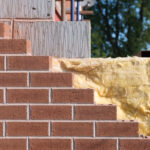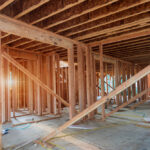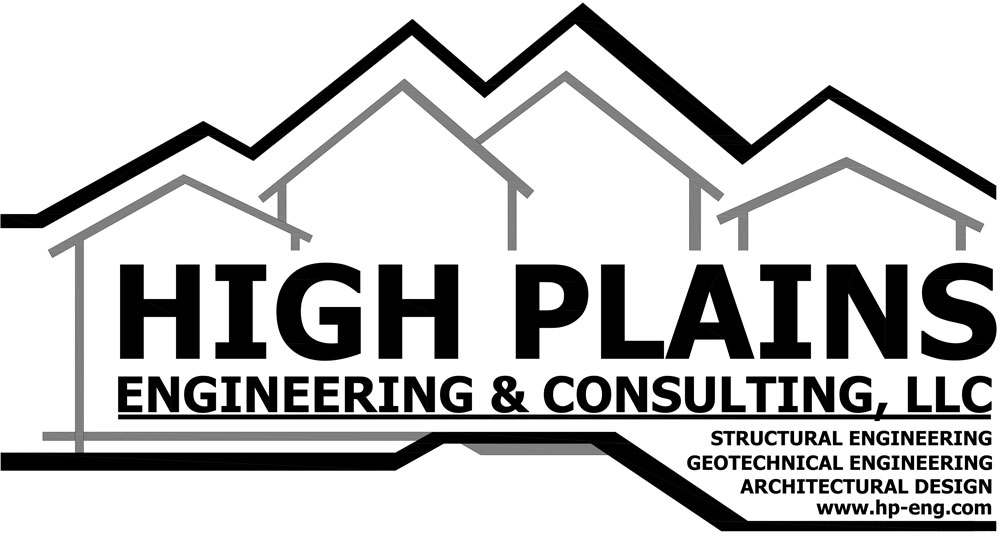
In the world of engineering and construction, subtle yet powerful elements often determine whether a structure lasts decades or crumbles prematurely. One such critical component is the expansion joint. Despite being overlooked by many outside the profession, expansion joints play a foundational role in ensuring the longevity, safety, and integrity of bridges, buildings, pavements, and other infrastructure. This blog explores the importance of expansion joints, with a focus on their applications in concrete, bridges, and various structural elements. We’ll also examine the different types used in concrete pavement, and why every architect or engineer should have a deep understanding of... View Article

Creating truly inclusive spaces is no longer optional—it’s a fundamental necessity in modern civil engineering and commercial architecture. Among the most critical areas in any facility is the restroom, where privacy, dignity, and usability must be preserved for all individuals, including those with disabilities. With a growing emphasis on accessibility, ADA restroom design requirements are becoming central to project planning in both new constructions and renovations. The Americans with Disabilities Act (ADA) has laid out detailed guidelines to ensure that public and commercial restrooms are accessible to everyone, regardless of mobility or physical challenges. This blog explores essential components of... View Article

When planning the thermal envelope of a building, insulation is a critical consideration. Two prominent insulation methods dominate the discussion: cavity insulation and continuous insulation. Both serve the essential purpose of improving a building’s energy efficiency, but they differ significantly in terms of how they’re installed, their performance characteristics, and how well they mitigate issues like thermal bridging. Understanding the distinctions between these two insulation types is essential for builders, architects, and property owners aiming to enhance a structure’s energy performance, sustainability, and indoor comfort. This comprehensive guide explores the cavity vs continuous insulation comparison, helping you make the most... View Article

In the pursuit of energy-efficient, durable, and moisture-resistant building envelopes, few combinations offer as much promise as insulation and ZIP board sheathing. As the construction industry continuously evolves to meet rising standards in building performance, professionals are increasingly turning to innovative systems that streamline installation and enhance long-term results. Among these, the ZIP System® sheathing has emerged as a standout product, especially when paired with high-performance insulation strategies. ZIP System sheathing, known for its integrated water-resistant barrier and air-sealing capabilities, simplifies wall assembly and reduces dependency on traditional housewraps. When insulation is integrated thoughtfully with ZIP board sheathing, the result... View Article

When it comes to choosing the right materials and construction methods for a building project, one of the most important decisions that builders and contractors face is whether to use wood framing or steel framing. Both options have their own unique benefits and challenges, and the choice between wood frame vs steel frame construction often comes down to various factors such as the project’s budget, environmental considerations, local climate, and the desired durability of the structure. Understanding the differences between wood framing and steel framing, as well as their respective pros and cons, is essential for any builder looking to... View Article


 HPEC is an active member of CAGE
HPEC is an active member of CAGE



